The core business delivered an underlying trading profit of £52m, mainly from the RMD Kwikform business, before nearly £300m of write-offs.
Revenue was stable at £3.25bn, while operating profit was adversely impacted by poor performances in both support services and construction.
The latest wave of write-downs included a £77m impairment against goodwill, a £86m hit from a sweeping contracts review, a further £35m from delayed energy from waste projects and £33m in restructuring.
The review carried by accountant PwC covered 18 contracts, nine financially complete, seven where final accounts need to be settled and two that are still in construction.
Chief executive Debbie White said: “2017 was a difficult year for Interserve, but it was also a year of significant progress.
“As a new management team, we have stabilised the business and taken the first actions to establish a solid foundation from which we can both serve our customers effectively and underpin improved future operational and financial performance.
“This work has focused on refinancing, conducting a thorough assessment of the contract portfolio, and introducing new management disciplines, processes and cost controls under the ‘Fit for Growth’ programme.
“We are confident that the cost savings and management actions identified will contribute at least £40-50m to group operating profit by 2020, with the 2018 benefit estimated to be £15m.”
She added: “The refinancing we recently agreed with our lenders is a major step in securing a firm financial platform to underpin the group’s future. Of course there is much still to do. “
White added the ongoing streamlining programme would cost a further £15m this year, with the construction business expected to shrink further as it adopted a more selective approach to securing work.
During the year UK construction posted a £19m loss which was largely offset by international construction profits.
Further progress was made on remaining energy from waste contracts during the year.
But slippages in the anticipated completion dates saw Interserve set aside an extra £35m provision – in addition to the £160m provided in 2016.
This was required to enable it to complete the outstanding projects in Derby, Margam, Templeborough and Dunbar to complete.
“We expect to complete substantially the construction of the projects in the first half of 2018, though significant uncertainty remains on the timing of commissioning,” she added.
Under the present business plan Interserve expects average net debt to rise from £502m to £650m in the first half of this year before improving to a full-year average of £630m.
Interserve’s debt began to mount from just £40m in 2014 after buying cleaning and repairs specialist Initial Facilities for £250m.
Its new financing deal gives Interserve access to almost £300m of cash and bonding, and runs until 2021.









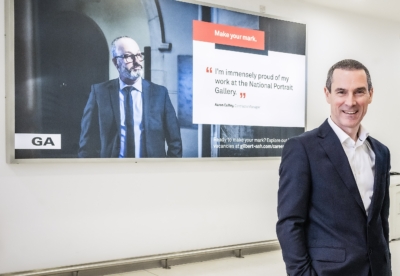

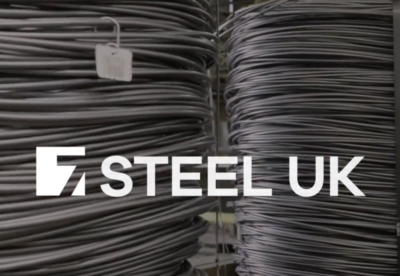

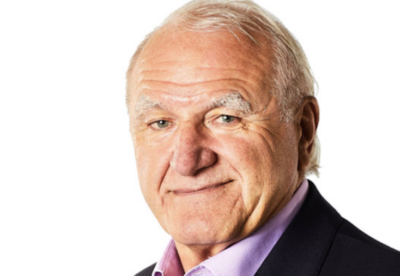



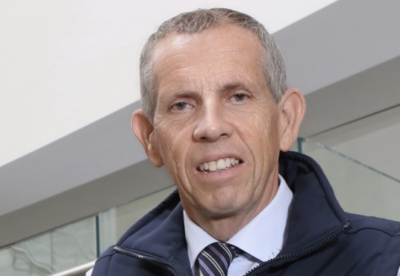
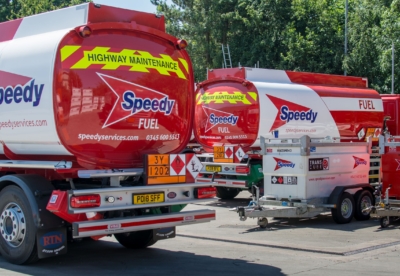

.gif)
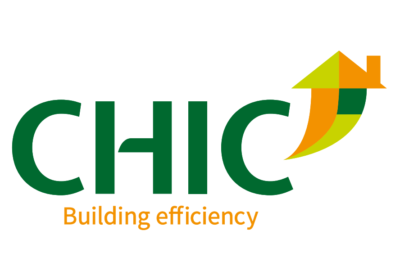

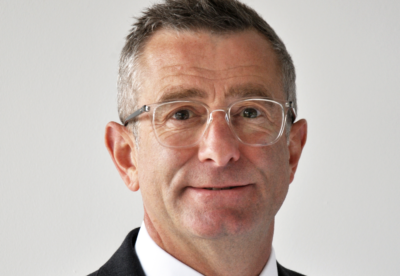

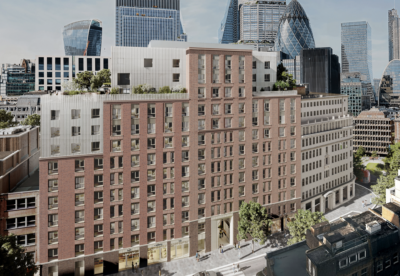
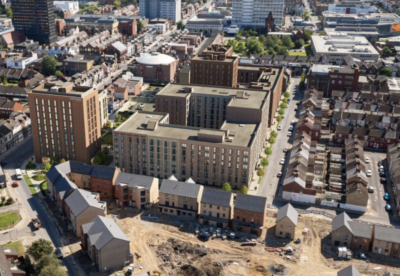

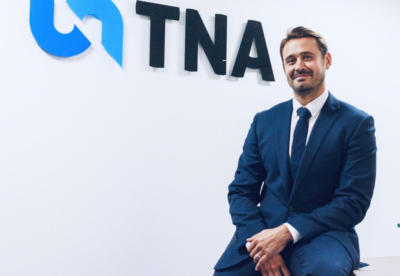
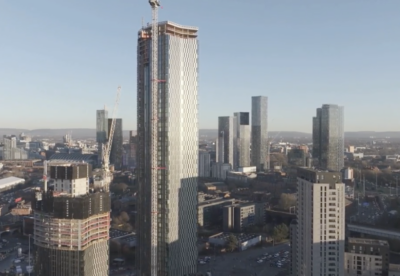
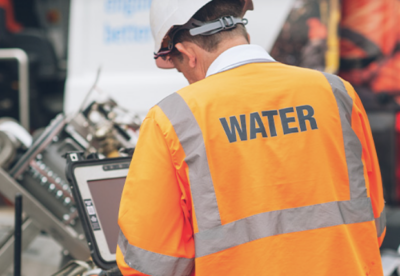

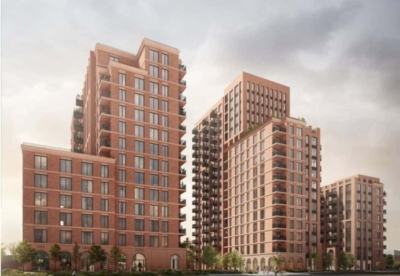
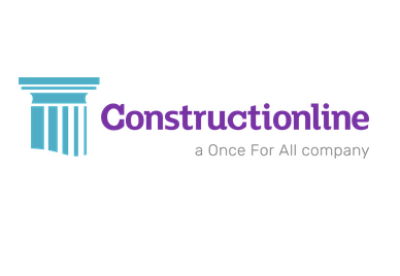
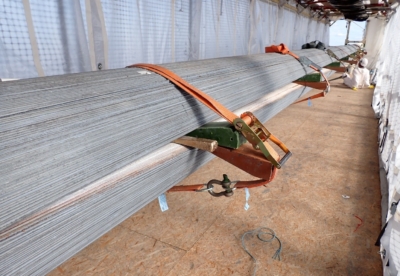

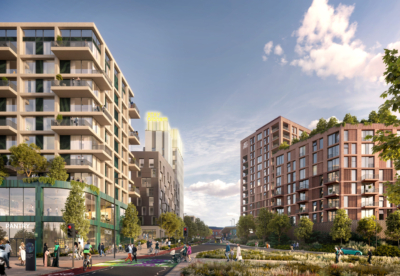
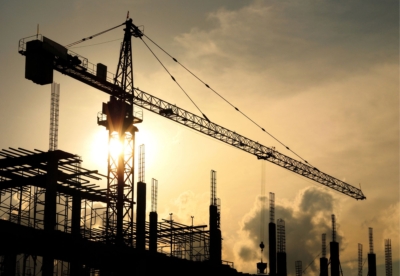
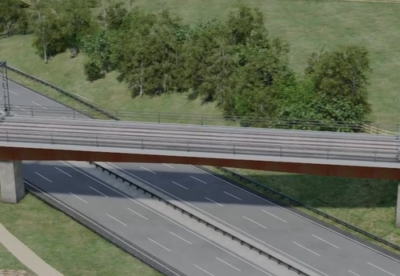

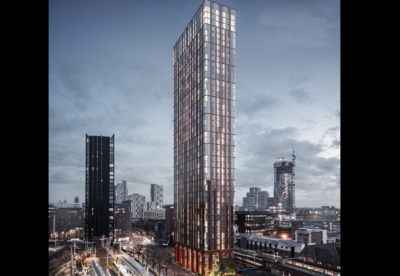
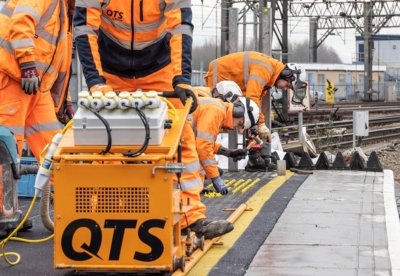
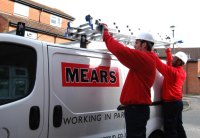











 (300 x 250 px).jpg)

